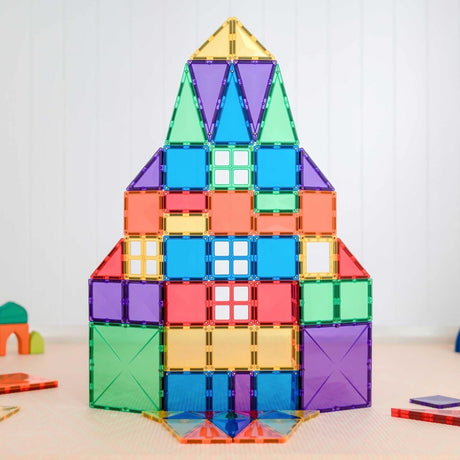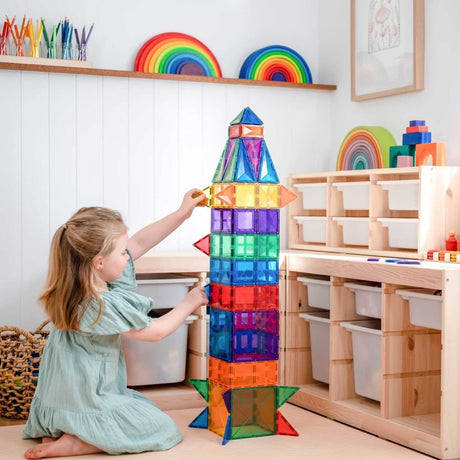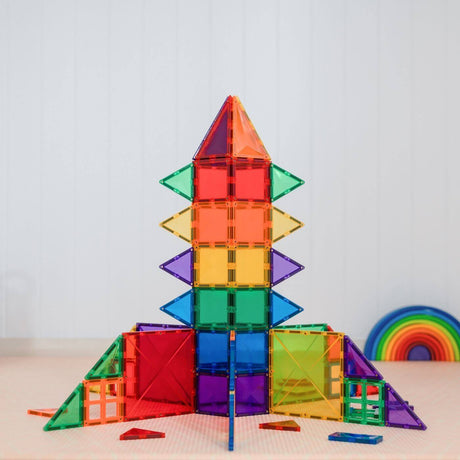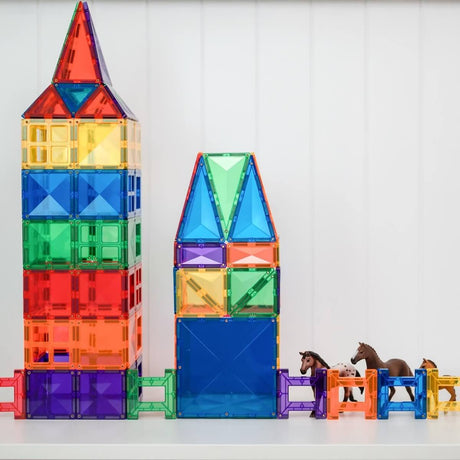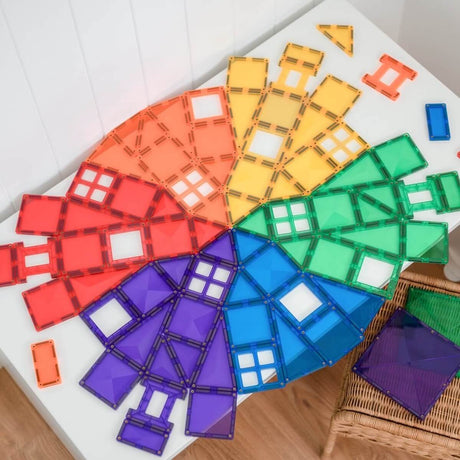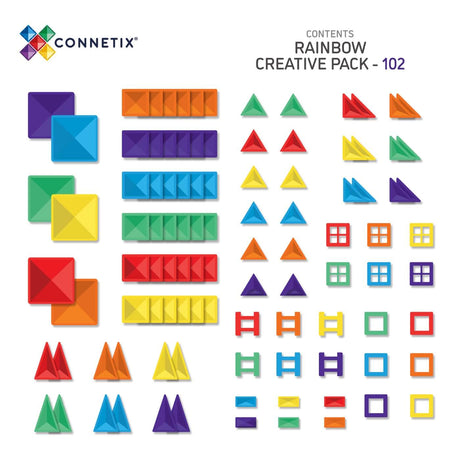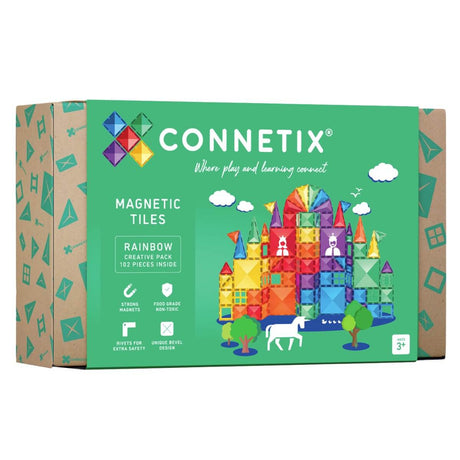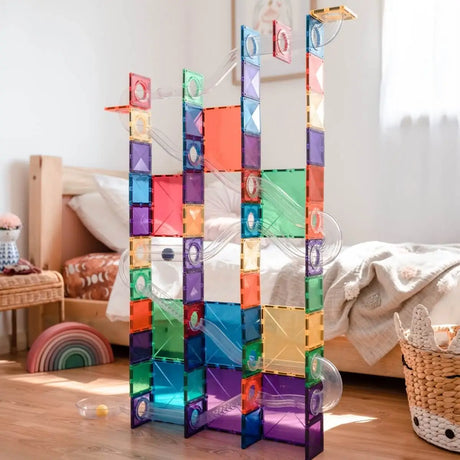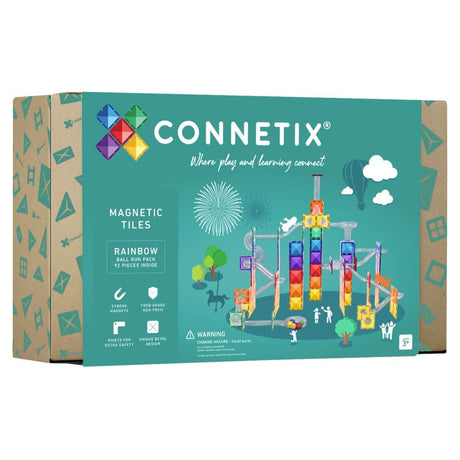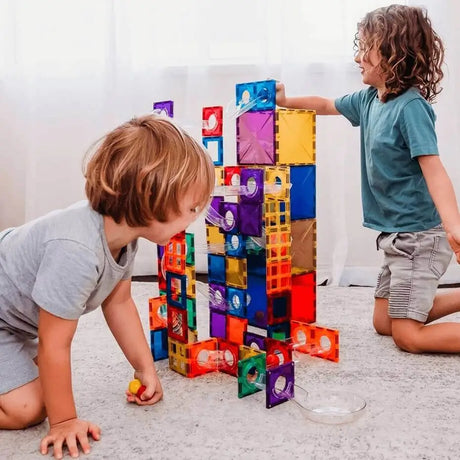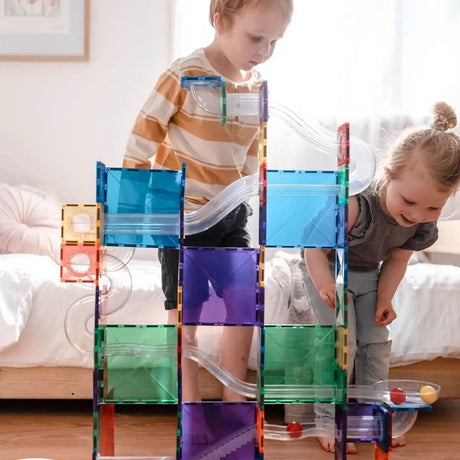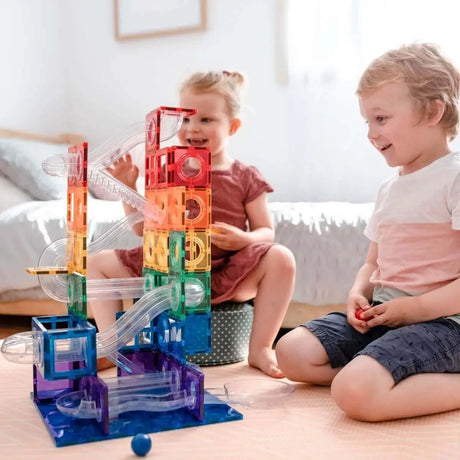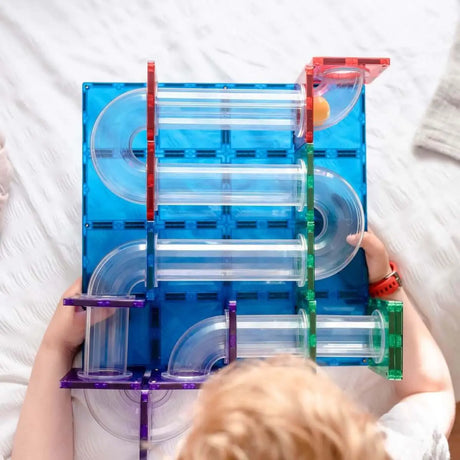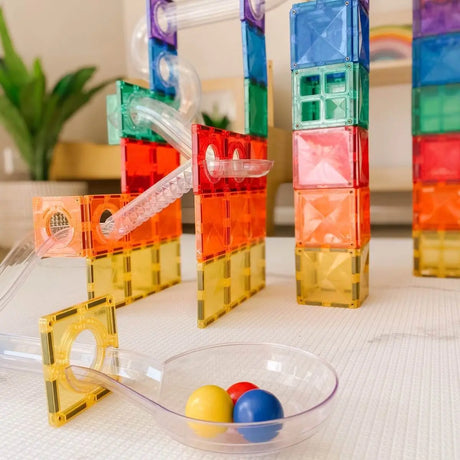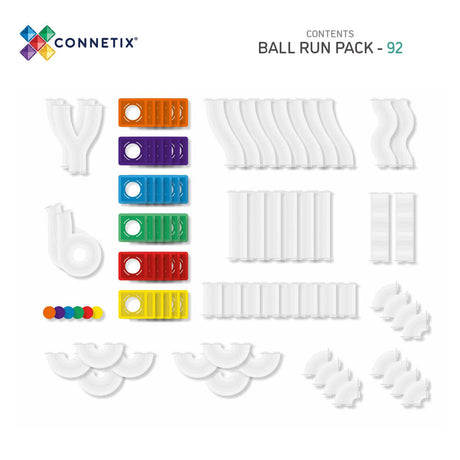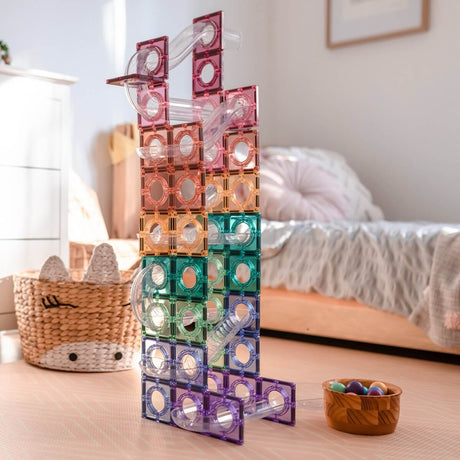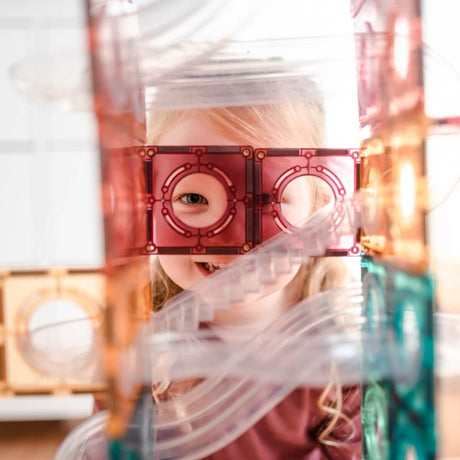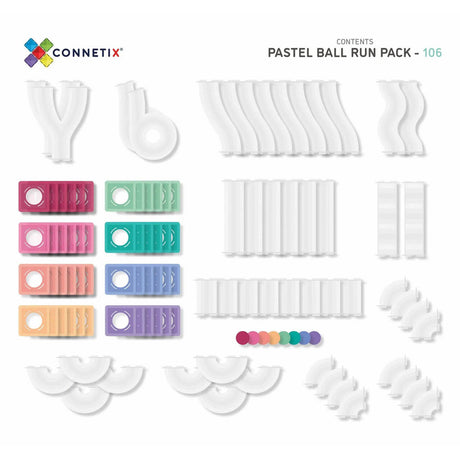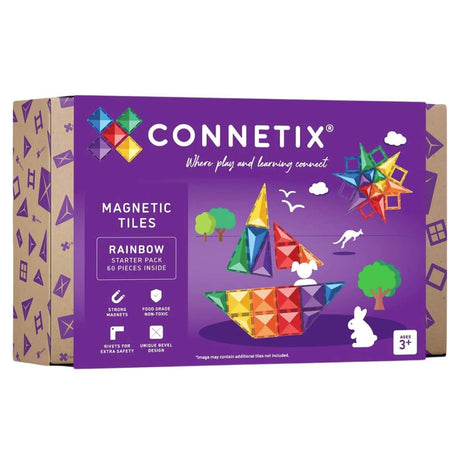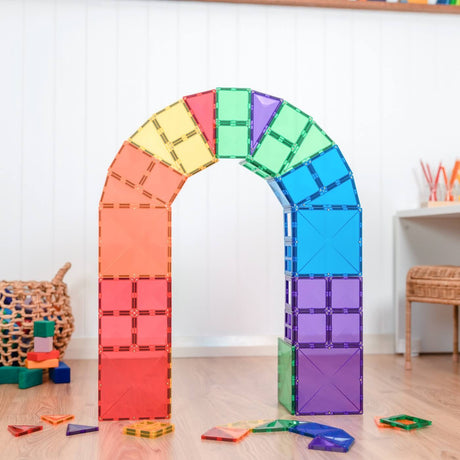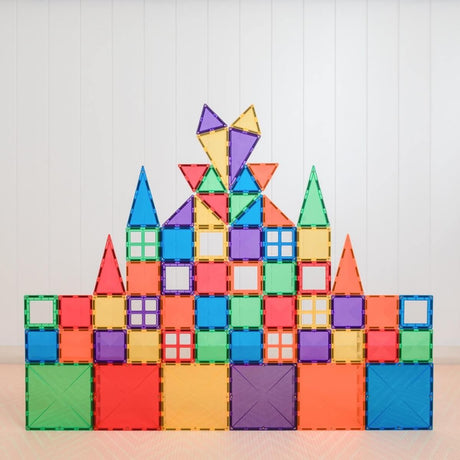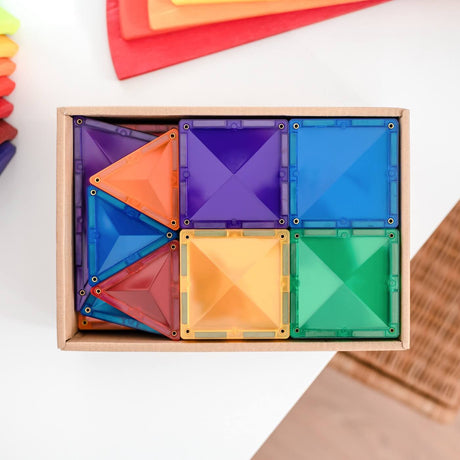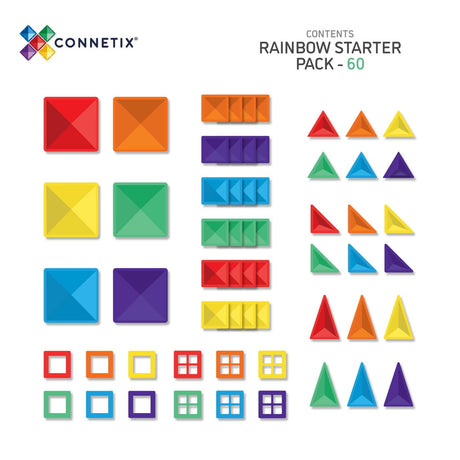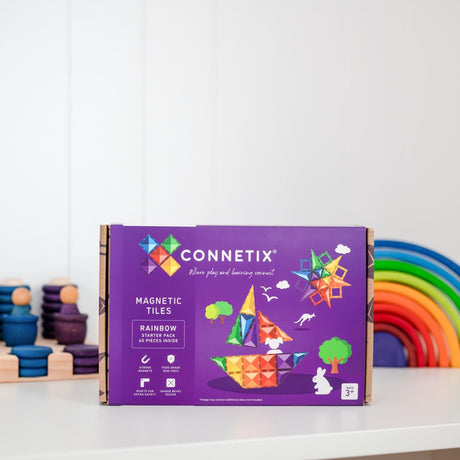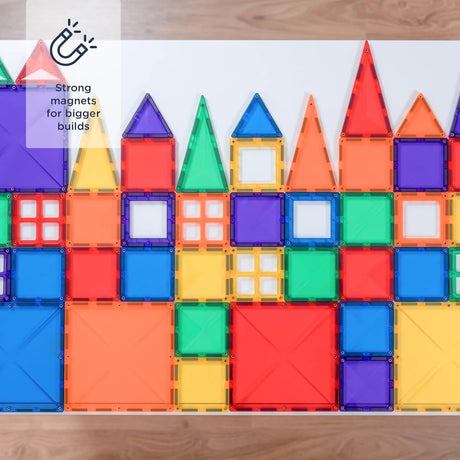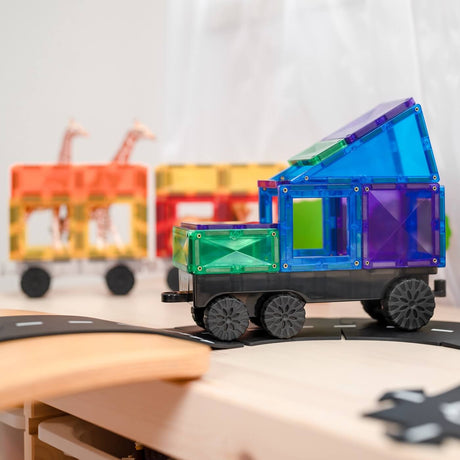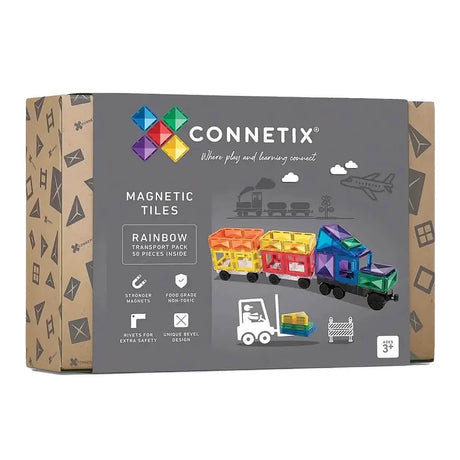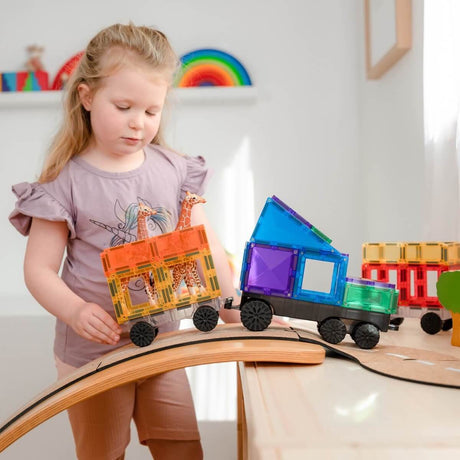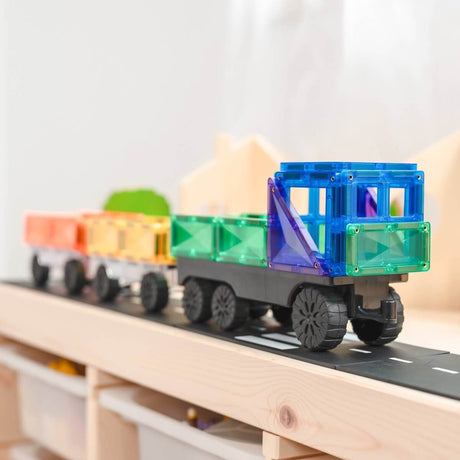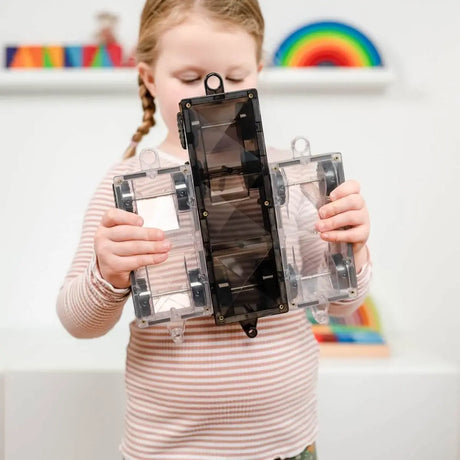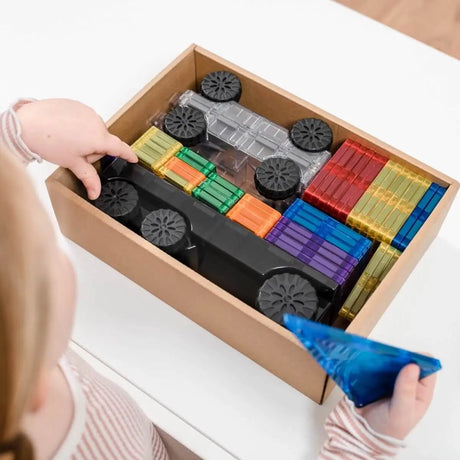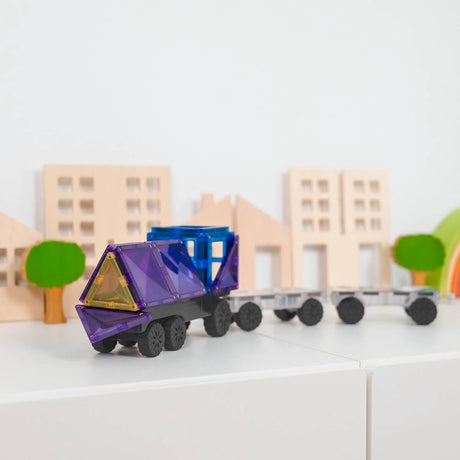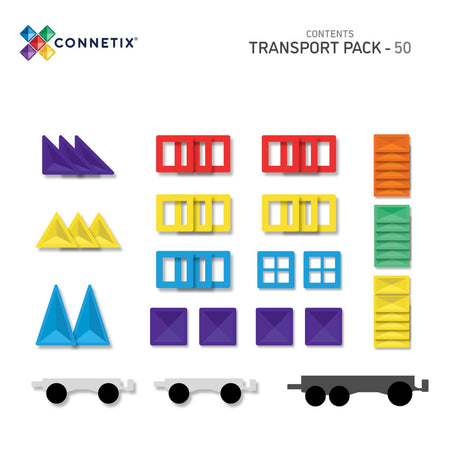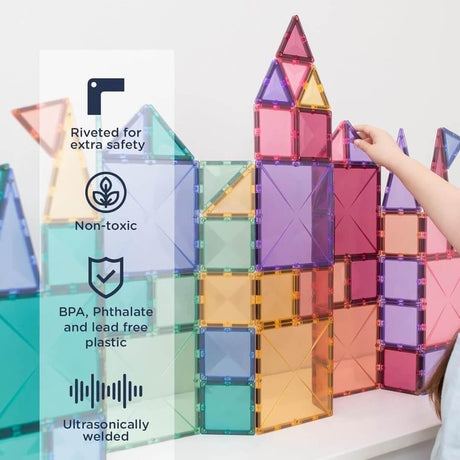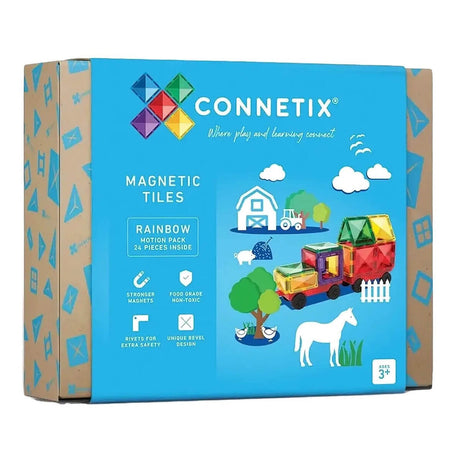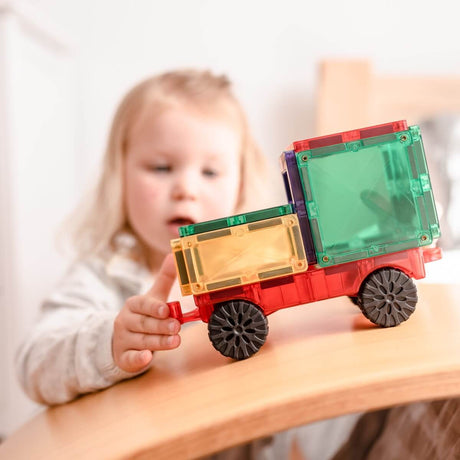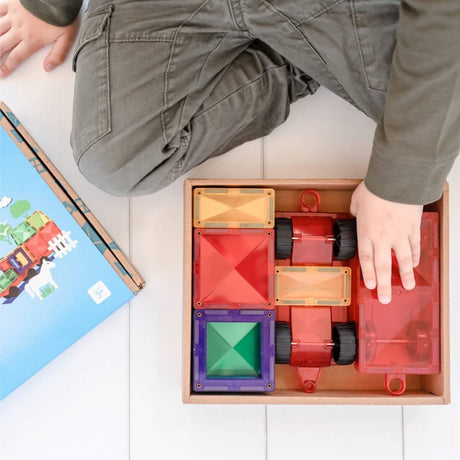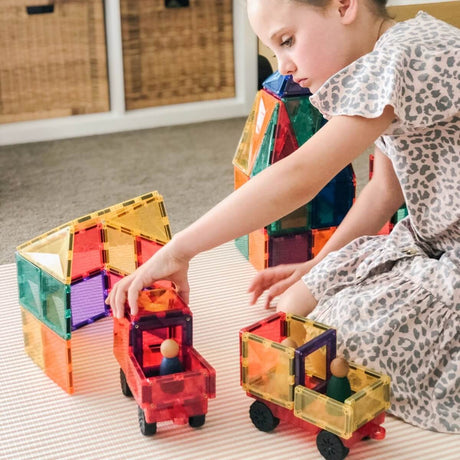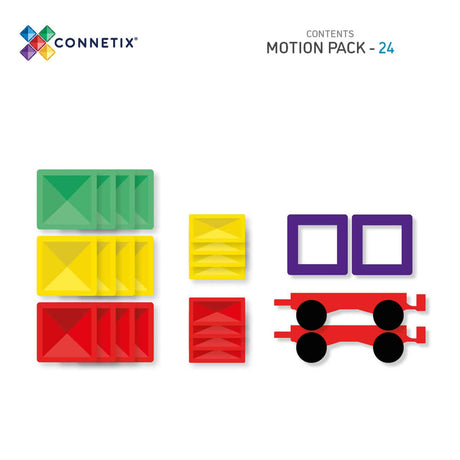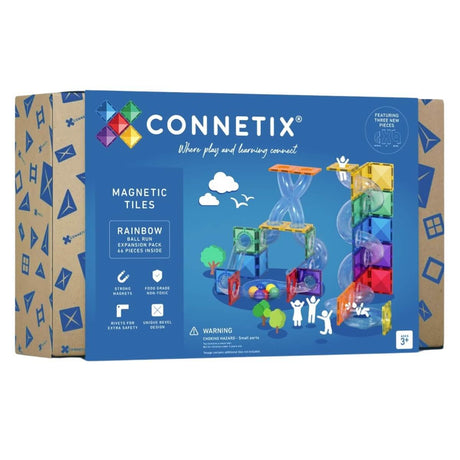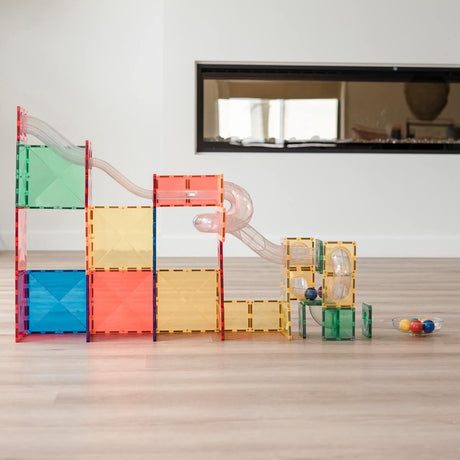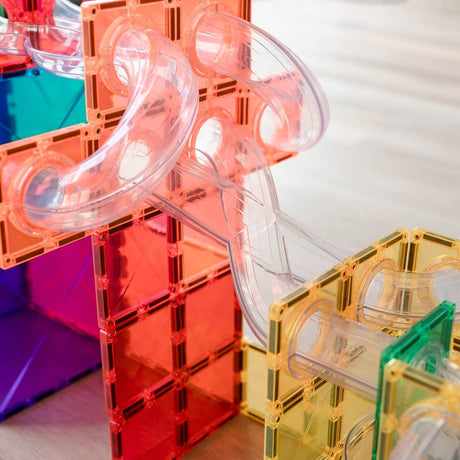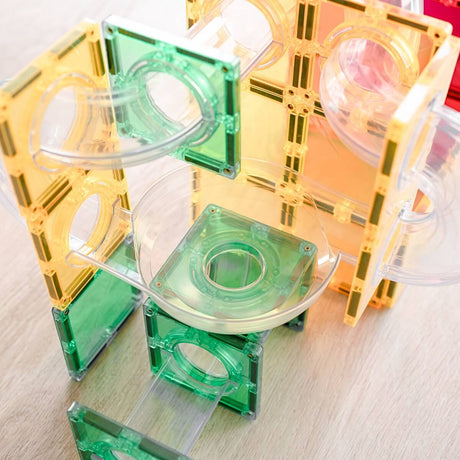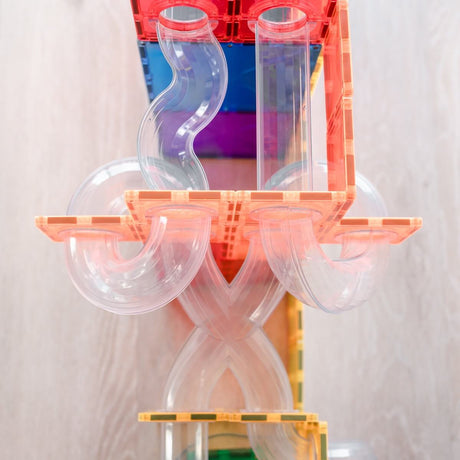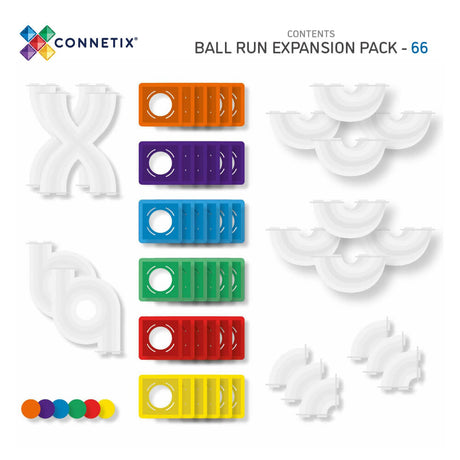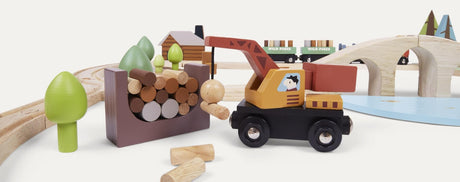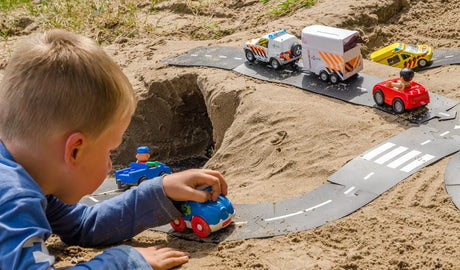Today's children are growing up in a world where technology is rapidly evolving. To give them the tools they need for future success, coding is now taught from a young age as part of technology education programs.
This article explores the benefits of coding at different ages of childhood and offers tips tailored to each stage. Let’s see how coding enriches young people’s development in STEM (Science, Technology, Engineering, Mathematics) fields.
How is learning to code beneficial for children?
While some young people may be destined for exciting careers in the vast field of computer science, learning to code provides everyone with essential skills that are transferable to school and beyond.
- Develops sequential logic : Learning to code improves sequential logic, useful for both studies and everyday tasks.
- Builds problem-solving skills : Coding challenges kids to adopt structured thinking, similar to that of programmers. They learn to break down complex problems and find solutions, an invaluable skill.
- Familiarity with technology : By introducing children to technology early, they gain confidence to navigate a constantly changing technological world.
- Cultivates resilience : The trial-and-error process inherent in learning to code teaches perseverance in the face of failure.
- Encourages creativity : far from being reserved for the arts, creativity is also cultivated in programming, where children can experiment and create unique projects.
Benefits of Age-Specific Coding from Pre-K to High School
Benefits for children aged 3 to 5 years
- Develops computational thinking : Children begin to develop analytical thinking, based on problem-solving, pattern recognition and logic.
- Stimulates creativity : Coding offers kids a new avenue for creative exploration, encouraging them to bring their ideas to life through simple games and projects.
- Builds self-confidence : Seeing their ideas come to life through coding gives kids a sense of accomplishment and builds their self-esteem.
- Works fine motor skills : Using a keyboard, mouse or buttons requires precision and coordination, which develops fine motor skills.
Middle childhood (6 to 8 years)
- Improves problem-solving skills: Problems become more complex at this stage, and children need to break down tasks to find solutions. Platforms like Code.org or Tynker are great for this.
- Builds resilience : Coding is a trial-and-error learning process, strengthening children's ability to overcome obstacles.
- Stimulates mathematical thinking : Coding and mathematics go hand in hand, allowing children to better understand concepts such as coordinates or algorithms.

Pre-adolescence (9 to 12 years)
- Develops critical thinking : At this stage, coding requires more in-depth thinking. Children learn to optimize their code and transfer their knowledge to new situations.
- Improves algorithmic thinking : They learn to design more efficient solutions by creating projects like Minecraft mods or interactive websites.
- Values collaboration : Group projects encourage communication and teamwork, essential qualities found in coding clubs or competitions.

Adolescence (13 years and older)
- Prepare for career opportunities : Coding skills are increasingly in demand. Teens can take on challenging projects like data analysis in Python or website development with JavaScript.
- Encourages innovation : at this age, they have the skills to create new technologies, develop applications or launch entrepreneurial projects.
- Promotes independence : Learning to code transforms teens into active technology creators, giving them a powerful sense of autonomy.
- Raise awareness of the ethical use of technology : Coding also raises awareness of the impact and responsibilities associated with the use of technology, whether in terms of data protection or cybersecurity.
Coding... without a screen?
Coding doesn’t have to be done on a screen. There are plenty of toys and games that teach the basics of coding in a hands-on way, making it accessible even without digital tools.
For kids ages 5 and up, the award-winning Botley® 2.0 Coding Robot reinforces learning with its playful personality, fun features and engaging STEM challenges. Kids can code a 150-step sequence, code with light and more. Botley 2.0, from Learning Resources, is completely screen-free and operates using the included remote programmer.
To conclude
Coding can be a rewarding skill for kids of all ages. It offers benefits in cognitive development, problem-solving, creativity, and preparation for future career opportunities.
In today's technology-driven world, learning to code is a critical part of educating today's children who will be tomorrow's adults.



